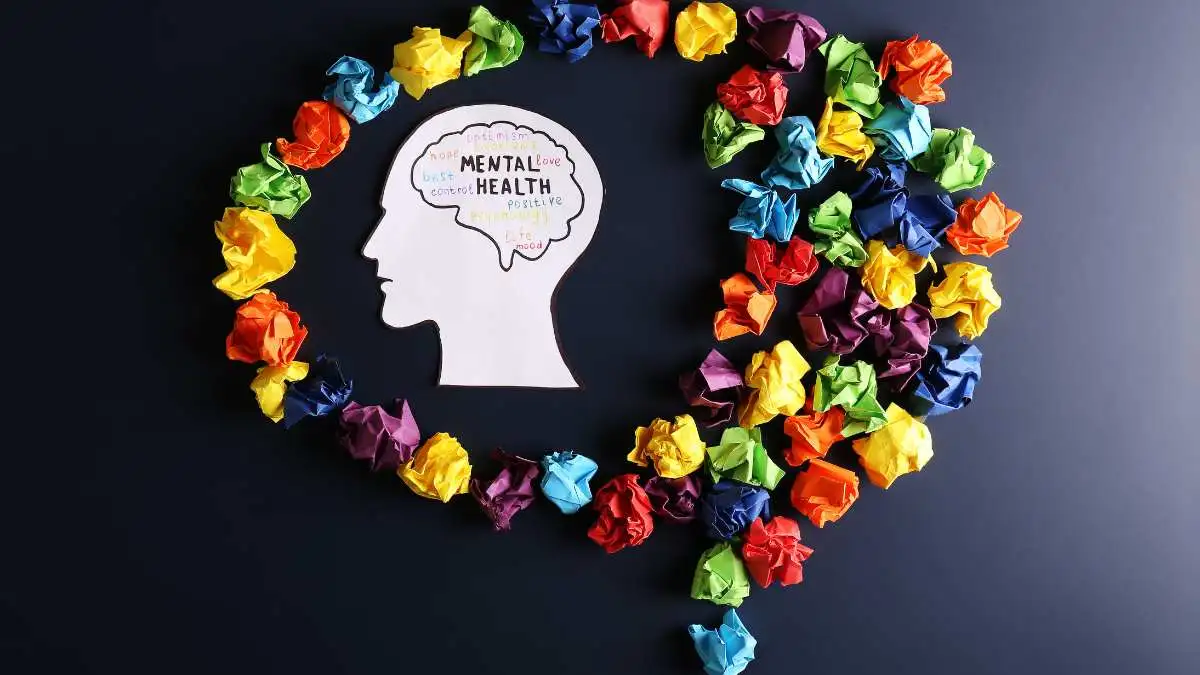In a world where the major focus is on physical health, mental health gets a secondary status. However, the reality is that mental health is as important as physical health. It touches every moment of our lives affecting our thoughts, feelings, and behavior.
Nevertheless, let us not forget that being cognizant of the mental health in our communities implies more than just acknowledging its presence; it is about comprehension, acceptance, and support as well. Let’s dive into some concrete steps we can take to contribute to mental health promotion on the community level.
Understanding Mental Health:
It is vital to learn what mental health is before we can start raising awareness at a high level. Mental health does not only mean the absence of a mental disorder, but also it means being emotionally strong, having coping skills, and overall good well-being. In addressing mental health, it’s essential to understand that challenges like a neurotic personality can impact individuals in various ways, influencing their emotional stability and behavior.
In a nutshell, it is about understanding the fact that each of us has mental health, and it is normal to prioritize it like we do physical health.
Breaking the Stigma:
Probably, one of the most widespread hurdles on the way to overall mental health awareness is the stigmatization around it. Stigma is often such that it results in discrimination, shame, and silence. We have to promote dialogue about mental health, clear misconceptions, and eliminate stereotypes to counter the issue.
Through the sharing of narratives and experiences, one can individualize mental health issues and portray asking for help as evidence of power, not vulnerability. This approach can be enhanced through innovations like telemedicine in healthcare, making support more accessible.
Community Support Networks:
Supplying robust support forums within our networks is essential in the promotion of mental health vigilance. Support groups, helplines, and online forums can be utilized as an avenue where individuals can connect through sharing experiences and seeking advice.
Another crucial element is that events like mental health fairs or fundraising can gather people and publicize the issue on a bigger scale. Through encouraging a feeling of belongingness and togetherness we establish a platform for freely and openly mentioning mental health issues.
Accessible Resources:
Mental health services should be available to any person in trouble, both children and adults. Unfortunately, mental health clinics are understaffed in most places, particularly in rural locations or neglected urban parts of the city. To tackle this concern, we must support and advocate for more funding and resources that will be allocated to mental health programs.
The technology could broaden support by referring to online therapy, telemedicine, and self-improvement. For example, a reliable msw program online can help them to meet the demand for quality mental health services within the community.
Promoting Self-Care:
Taking good care of oneself is an important component of staying mentally healthy. Promoting self-care measures such as consistent exercise routines, mindfulness practices, and hobbies can make people cope with stress more effectively and experience whole-person wellness.
Supplemented with work-life balance and setting limits reduces burnout risks and builds mental resilience. This way, self-care becomes the key to unlocking mental health problems and signaling that they should be attended to.
Engaging Community Leaders:
Community leaders, such as policymakers, religious leaders, and influencers, have a wide range of how they exercise influence in different areas. Working with them helps to generate policy changes, get more funds, and also the awareness campaigns for the public.
We can use the power of media and advocacy to broadcast the idea that mental health is a core matter that should not be neglected by anyone.
Conclusion:
Raising awareness of mental health in communities is not just a one-time effort; it’s an ongoing journey that requires commitment, compassion, and collaboration. By understanding, breaking the stigma, educating, supporting, and advocating, we can create communities where mental health is valued, respected, and prioritized.
Together, we can make a difference in the lives of countless individuals and build a healthier, more inclusive society for all.







